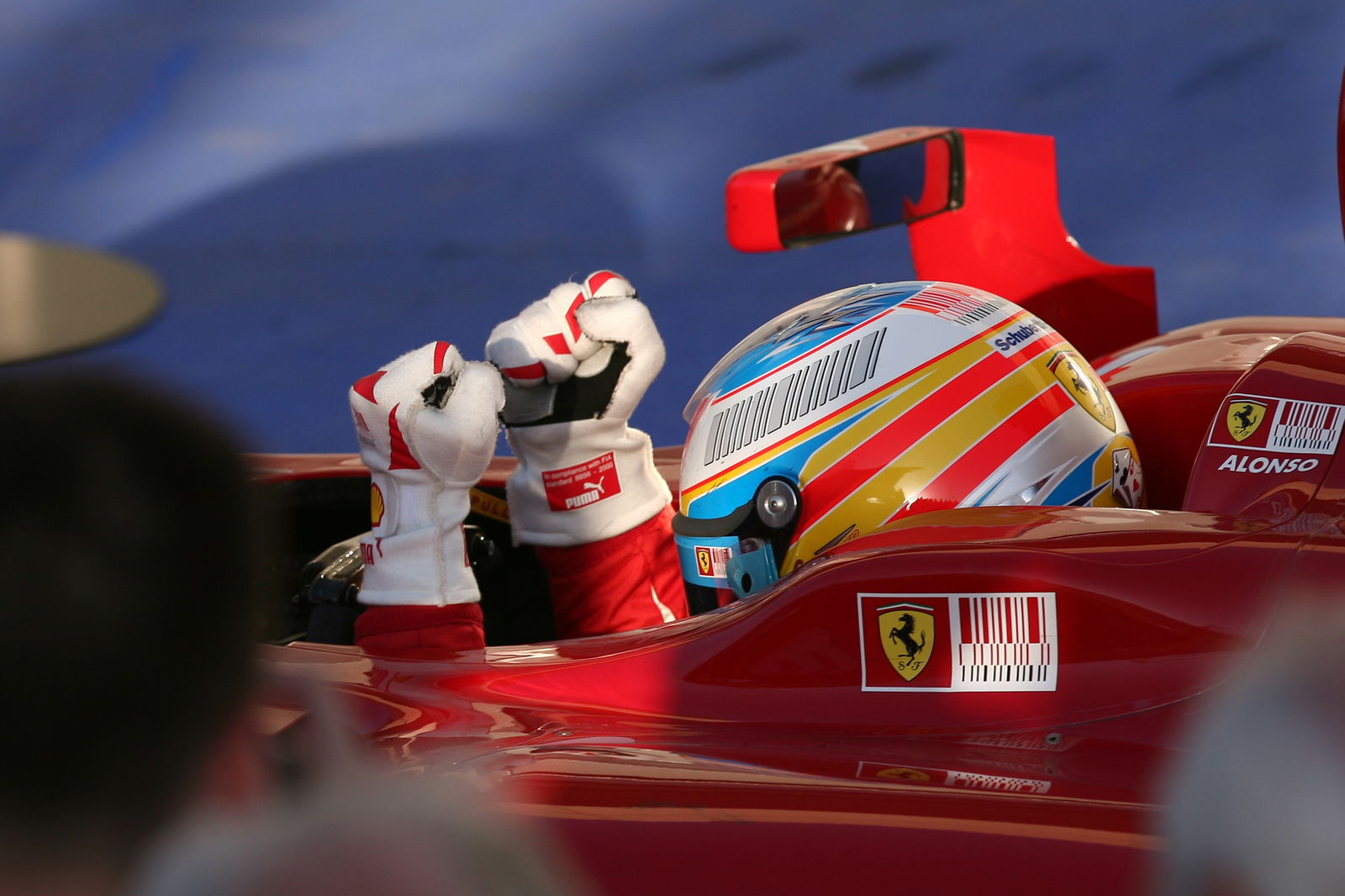GDI, gas turbines proposed as F1 engine of future

With Formula One considering a likely change to its engine regulations in the coming years, various sources are putting forward ideas that they would like to see incorporated into the new rulebook.
While all are keen to embrace a more environmentally-friendly outlook - indeed, this is something that the wider world would almost certainly force on the sport - how that aim is achieved, whilst still retaining powerful, technology-driven and cost-effective units remains to be seen.
Ferrari, which is expected to be the one major manufacturer that will see out any coming storm regardless, has made a case for the inclusion of Gasoline Direct Injection technology should the sport make the return, as expected, to turbocharged engines in 2013. GDI is essentially a form of fuel injection, but highly pressurises the fuel and injects it via a common rail fuel line directly into the combustion chamber of each cylinder. The technology can both improve efficiency and reduce emissions.
"If F1 has to develop something helpful for real driving conditions, then the best solution is for an engine that is turbocharged and GDI," Ferrari's CEO Amedeo Felisa told Autocar magazine, "That is what we would support. It is the best solution for driving efficiency and utilisation of the engine in a positive way."
Elsewhere, however, there are proposals afoot for a complete change of technology, albeit suggesting a return to an idea first tried back in the early 1970s.
A company called Project 1221 says that it has approached F1's commercial supremo Bernie Ecclestone with the design for a gas turbine engine which it believes could be the future of F1. CEO Andreas Andrianos claims that, if the idea gets the green light, the engines would be ready for 2013.
Andrianos also points out that gas turbine engines would be cheaper to run than an internal combustion unit, fuel consumption would be higher than with the current breed of petrol-fuelled V8s. However, the inefficiency would be more than offset by use of bio-diesel fuel, which would make the engines more environmentally friendly. With no traditional cooling required, the engines present fewer 'packaging' problems, although the units could not be used as 'stressed members' of the car and would also cause headaches with the gearbox.
Lotus' genius Colin Chapman introduced the concept of gas turbine engines to F1 in the early 1970s, having seen similar powerplants racing in the US. Despite having Emerson Fittipaldi at the wheel, however, the 56B started just three times, with a best result of eighth, before being consigned to history.
Andrianos is not advocating a single type of engine either, suggesting that with the correct equalisation, the turbine units could run happily alongside both the proposed turbo or current normally-aspirated powerplants.
